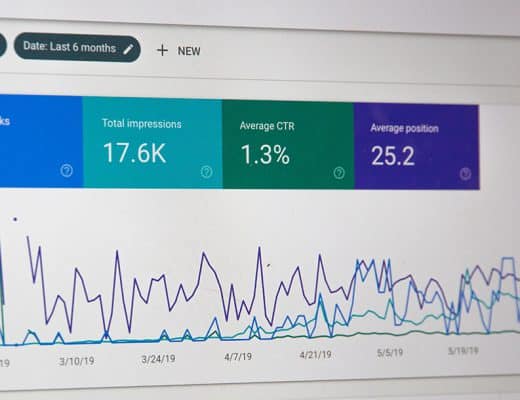Once you’ve got a few solid clients on your calendar and you’re making a respectable, regular income, how do you move forward with your career as a freelancer?
There’s only so far you can go on your own. Maybe it’s time to go from a self-employed loner to a small business founder.
Advancing Your Career
Scaling your freelance business into an agency gives you the opportunity to make a cut above what you were already making. Instead of counting on yourself to personally complete all the work, you need to start building a team so you can take on more projects and increase your overall revenues.
No matter how good you are at your work, you can’t do it all on your own. You have limited time and energy to complete a limited amount of work. Choose your own projects wisely, focus on the work you want to do, and outsource the rest to competent people you can afford to pay.
There are a few steps to this. You can just jump head first into it, but it’s probably better to get some background and make a plan first. Let’s start at the beginning.
Defining Your Business
What exactly do you do? As a freelancer, do you provide a broad or niche service? Do you offer multiple services or one main service?
These questions need answers before you can start any kind of official agency. You need to clearly define what you do and hire people with specific tasks and services in mind. You can’t start a business without knowing what exactly your business does. It can evolve over time, but should be defined from the beginning.
Let’s look at SEO (Search Engine Optimization) for example. If you’re an SEO specialist offering consultancy services, there’s a lot of work on your plate for every client you serve. You could be doing everything from keyword research to articles and case study writing or building XML sitemaps for client websites. You’re a VA, PR, developer, and UX designer all at once! By hiring a team to handle specific parts of the work, you can take on even more projects and keep your quality consistent without burnout.
Building a team allows you to extend your services and branch out into new fields as well. By diversifying your income streams, you’re building a more secure business that’s less likely to lose everything at once. Complementary services are a good way to grow as you settle into a functional system and get comfortable with your new workflow.
We Versus I
If you’re going to succeed as a business, you need to think in terms of your team. While you may not have a dedicated system to keep up with your own projects, schedule, or work, you’re going to have to adapt to create a manageable system.
Systems aren’t as necessary as a solo entrepreneur. With a team, you have to have systems to make sure things carry on consistently, even when you’re not looking.
Building a team requires you to shift from thinking of yourself as a one-man army to working with others to complete a larger goal. As the manager, you need a way to keep up with what’s happening and stay in contact with your team. Consider using project management apps, collaboration apps, business messaging apps, or whatever other tools you need to get stuff done with as little effort as possible.
The transition from working alone or as a member of someone else’s team to heading up your own team is hard. It’s even harder the longer you’ve been working on your own. Do what you need to make sure you get established early on. Get your system up and running before your team outgrows your ability to manage it.
Planning for Growth
If you’re looking to do more work in the future, plan for that growth now. By planning for growth before it happens you’ll be able to maintain consistency in the quality of your work and also your management. Once you have people working for you, whether as your official employees or more likely as contractors, you owe it to them to be as good as the best clients you’ve ever worked for.
Be the kind of boss you’d want to work with. Keep people in the loop, give yourself buffer time for projects, and form a functional workflow that can be easily initiated and followed.
Build up a system around yourself that makes it easy for you to get work out to people at any rate. Set up systems that make it simple for you to manage your business from all angles. Be thorough enough that if you choose to outsource any part of the work, you’ll be able to explain to the new hire what they need to do and how it should be done. Put in the effort ahead of time to understand and plan out how to manage your:
- Finances
- Employees/Contractors
- Client Communications
- Collections & Follow-Up
- Sales & Outreach
- Project Management
- Marketing
- Maintenance & Operations
- Customer Service
- Quality Control & Feedback
For many freelancers-turned-founders, an arms-length management policy works well. Using tools and basic communication, you’re distributing work with deadline information and expectations, then you’re giving space for that work to get done. Maintain high expectations from your team with enough grace for people to make mistakes.
Freelancers are a growing part of the world economy. As the amount of outsourced work increases, the potential for your growth increases. Get on track to take advantage of that opportunity for growth. Take the leap from a standalone freelancer to a founder heading up an agency.







